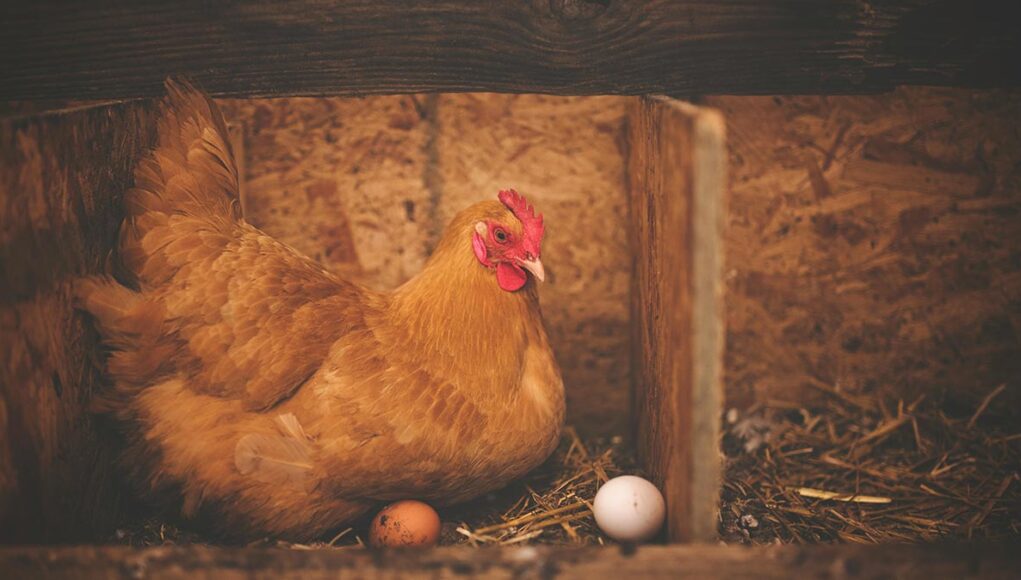Ask any poultry farmer, and they’ll agreetheres nothing quite as worrisome as noticing dwindling egg production in your flock. The question Why aren’t my chickens laying eggs? can be frustrating, leaving you feeling puzzled. But don’t worry; many factors could be affecting your hens’ laying capacity.
It’s essential to start by understanding that a decrease in egg production does not necessarily indicate a significant problem. Fluctuations in egg-laying are pretty common and can be influenced by various conditions that you can manage. Lets delve deeper into the possible causes.

Understanding Natural Laying Cycles
Chickens have natural laying cycles affected by several factors. Typically, chickens start laying eggs between 18 and 20 weeks of age. However, the frequency can vary:
- Age: As hens age, their egg production naturally declines. Expect a peak at around two years, followed by a gradual decline.
- Breeds: Different breeds have varying egg-laying capacities. For instance, [hybrid layers](https://chickenthingsandmore.com/hybrid-layers-vs-heritage-layers/) are known for higher production compared to heritage breeds.
The Role of Diet and Nutrition
Your hens’ diet directly impacts their egg production. An inadequate diet can lead to poor laying performance:
- Protein: A diet too low in protein can reduce egg production. Ensure your hens are getting enough protein-rich feed.
- Calcium: Essential for eggshell formation, inadequate calcium can make it difficult for hens to lay proper eggs. Consider supplements like crushed oyster shells.
- Consider recommending [supplements](https://chickenthingsandmore.com/supplements-for-egg-laying-chickens/) that enhance laying productivity.
For more detailed nutritional requirements, visit [Prospre](https://www.prospre.io/ingredients/farm-fresh-eggs-247733) for expert nutritional guides. link
Environmental Factors
Hens require a comfortable and stress-free environment to lay eggs efficiently. Factors like lighting, space, and cleanliness are crucial:
Lighting Conditions
Light plays a vital role in egg production. Typically, chickens need 14 to 16 hours of light per day to maintain optimal lay rates. Using artificial lights can help increase daylight hours in seasons with less natural light.
Space and Coop Conditions
Overcrowded living conditions can lead to stress, directly impacting laying rates. Ensure your coop is spacious, clean, and well-ventilated.
Common Health Issues
Health problems can significantly hinder egg-laying:
Parasites
Infestations by lice, mites, and worms can cause illness and stress, leading to diminished laying.
Diseases
Keep an eye out for common poultry diseases like avian flu, fowl cholera, and infectious bronchitis, as they can impair egg production.
Molting and Stress
Molting is a natural process where hens shed feathers while experiencing a temporary decline in laying. This period is crucial for hen recovery but results in a break from egg production.
Reducing hen stress is vital for consistent egg-laying patterns. Stress factors may include changes in environment, predators, and even human handling.
Broodiness and Ageing
Broodiness refers to when hens stop laying eggs to sit on them, expecting to hatch chicks. This behavior is normal but temporarily halts egg production.
As hens age, expect a natural decline in egg-laying; different breeds lay for varying lengths of time.
Ensure Proper Water Intake
Keep in mind that dehydration can affect egg-laying. Make sure your hens have constant access to clean fresh water to support their overall health and egg production.
Nesting Box Issues
Frequent disturbances or inadequate nesting boxes can cause hens to stop laying eggs. Ensure boxes are comfortable, with enough space for your birds. For some expert suggestions on selecting the best nesting boxes, check [this guide](https://chickenthingsandmore.com/best-laying-hens-for-beginners/).
Dealing with Seasonal Changes
Hens often react to seasonal changes like reduced daylight hours and temperature changes. For cold climates, consider adding coop heaters to maintain egg production levels.

FAQs
Why did my chicken suddenly stop laying eggs?
Various factors, such as stress, diet changes, or environmental conditions, can suddenly stop egg production. Regularly check for any changes in these factors.
How can I encourage my hens to lay more eggs?
Ensure they have a balanced diet, adequate lighting, clean environment, and minimize stress factors as much as possible.
Is it normal for chickens not to lay eggs during winter?
Yes, it’s common for hens to lay fewer eggs in winter due to reduced daylight hours, but artificial lighting can help.
For more on egg laying [check here](https://chickenthingsandmore.com/chicken-stopped-laying-eggs-suddenly/).
This article contains affiliate links. We may earn a commission at no extra cost to you.









